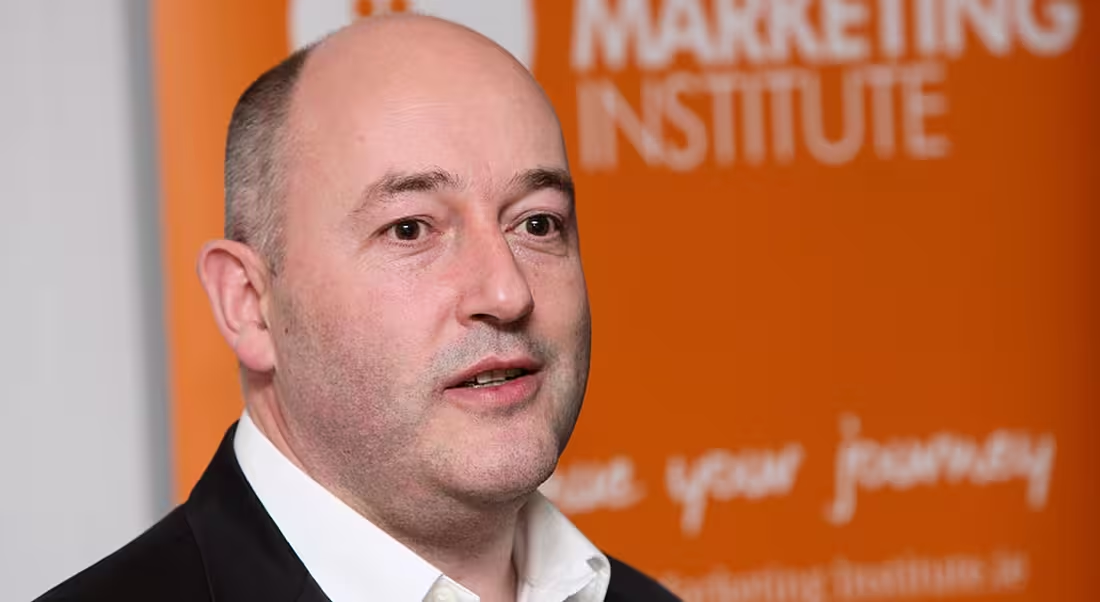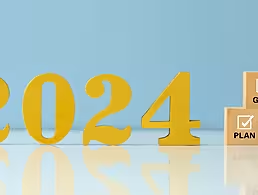The ability of Irish firms to return to growth is being stymied by a shortage of skilled digital marketing talent, preventing them from selling to consumers in the places they now spend most of their time: on smartphones, the internet and social media.
“For the first time, online ad spend will match TV spend in Ireland this year,” points out Ian Dodson, co-founder and director of the Digital Marketing Institute.
“Digital Marketing is growing at such a phenomenal rate that demand for skilled professionals is certainly outpacing supply.”
Dodson explained an accumulation of factors has led to a highly competitive market for talent – from traditional agencies building their own in-house digital teams to digital-only agencies experiencing exponential growth.
“Combine that with the growth in new online businesses as well as other sectors, from financial services to retail, starting to make serious investments in digital marketing and an already small pool of talent becomes quickly drained. However, this is not just an Irish issue, it’s an international one.”
Dodson said the inability to tap into the news streams, social circles and go where eyeballs of digital consumers go is potentially hurting businesses at a time they should be chomping at the bit to return to growth.
“Yes, without suitably skilled digital marketing staff, companies are missing a significant opportunity.
“Recent figures show our e-commerce spend amounted to around €4bn in Ireland alone. However, a staggering €3bn went offshore because the majority of Irish companies are not selling online.”
The Digital Marketing Institute was founded in 2008 and employs 37 people in its Dublin and London offices, up from 25 in January.
The organisation recently signed digital education deals with the University of London and the Greenwich School of Management estimated to be worth €1.5m.
Demand for a digital edge
To give an indication of the demand for workers with digital marketing skills, Dodson said 80pc of last year’s post-graduate class secured digital jobs.
Last week, the Digital Marketing Institute launched a €5,000 scholarship covering 100pc of fees for its full-time post-graduate diploma in digital marketing.
Dodson pointed to research from Amárach that showed 88pc of marketers predict marketing jobs growth or stability in the coming year.
He also indicated research from O2 that points to the need for 750,000 more digitally skilled workers by 2017 to satisfy the UK’s demand for a digital edge.
However, he said Irish firms’ answer to the digital transformation is continually led by the younger members of marketing teams.
“In our experience, senior management has been slow to awaken to digital. There are always exceptions but for the most part the generational gap is complicating the adoption of digital. If you follow the money, display and search are capturing most of the marketing budgets. Senior managers are comfortable with banners because they ‘get’ ads. However, spend on social is still very low, most likely because it’s an area senior managers are still getting to grips with.”
Dodson said there is no reason why firms can’t try to get to grips with digital marketing insofar as more than likely the majority of the workers are already using social media. The firms just need to learn how to find their voice.
“All members of a workforce are already part of the social voice of a company, whether that’s with their friends in a pub or on Twitter. Just because your company isn’t on Facebook or tweeting doesn’t mean you’re not already there.
“You are, through every employee and customer who uses these channels. There is no opt out, the decision is made for you. It comes down to whether you want to engage or not, but you’re already there.”




